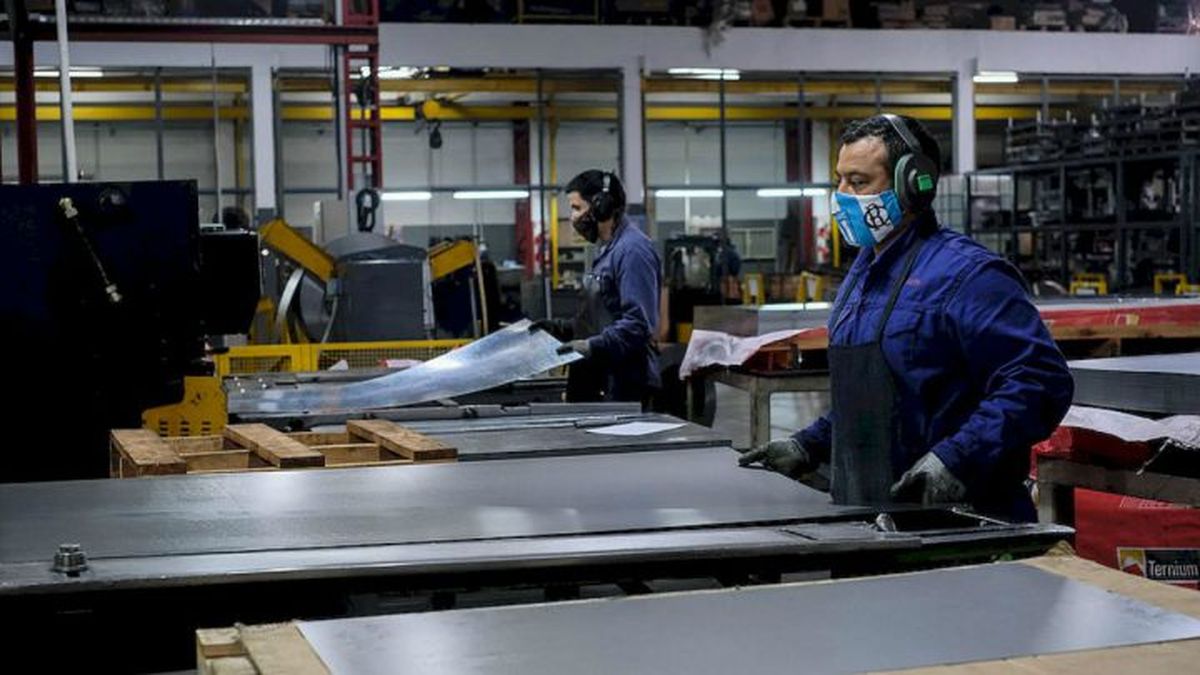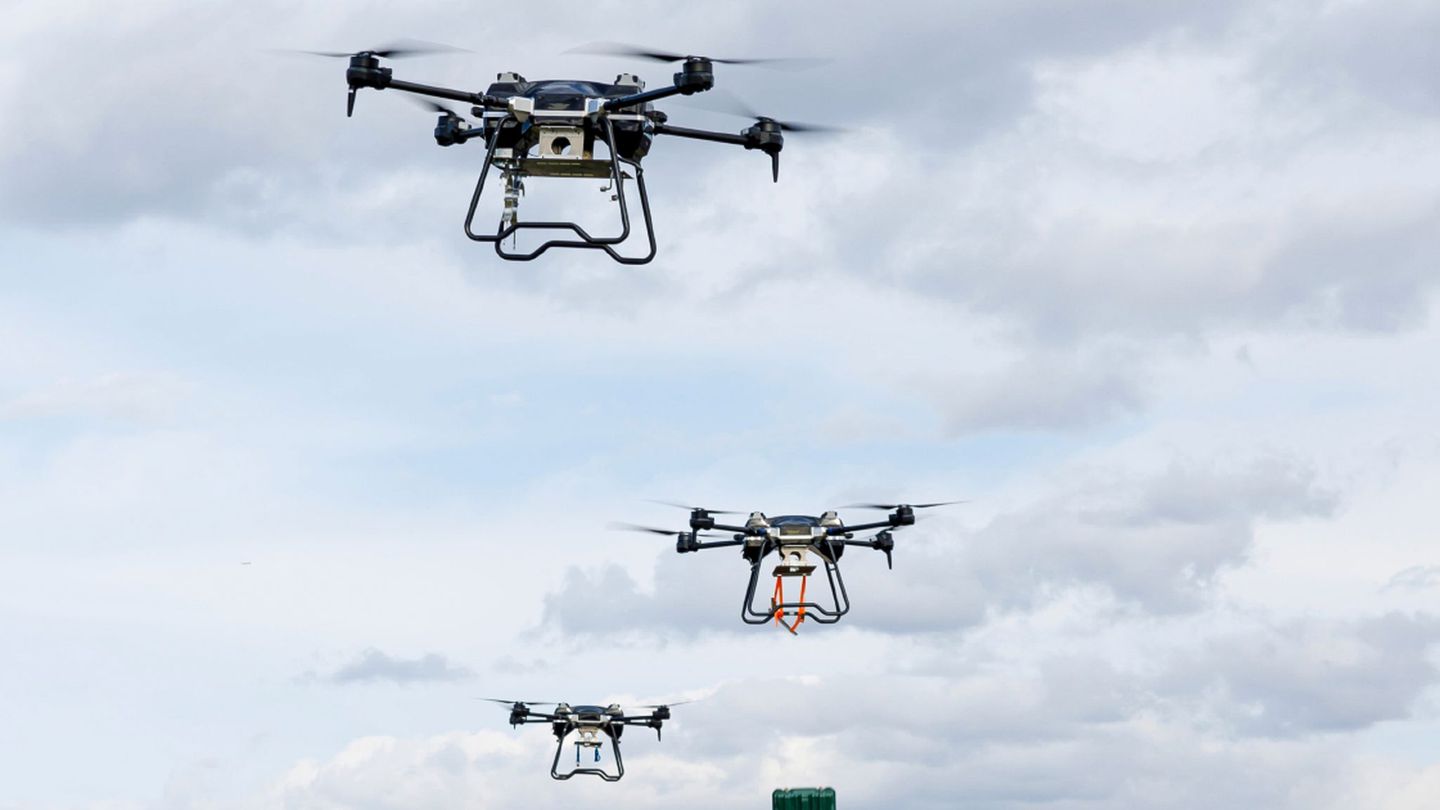The situation varies among workers. Private wages are the only ones that are better than in the pre-pandemic. They rose 1% in real terms compared to 2019. During the previous government, they had fallen in 3 of the 4 years of the administration, a drop of 22% in their purchasing power. In the two mandates of Cristina Kirchner, wages beat inflation by 29 points.
In the public sector, the real wage grew for 6 consecutive months until November, the latest INDEC data, but it is still 1 point below 2019. It should grow 34% in real terms to recover the purchasing power of 2015.
The informal sector is in the worst situation, which is 4 points below 2019. The reason: “High inflation is the reason why since the end of 2020 this type of income has lost purchasing power. These are informal jobs whose income is not regulated by joint agreements”, described the report.
Criticism of the economic cabinet comes above all from the part of the coalition close to the social organizations. In the case of the minimum wage, today at $32,000, the purchasing power is 11% less than it was in 2019, and to recover the value of 2015 it should be increased by 52%. For this reason, internally they continue to demand a universal wage.
New jobs
While the only salary that is recovered is the private one, through union parity, it happens that it is not the sector where the majority of jobs are created. In the last year, 2.5 million jobs were created, of which 1.13 million were unregistered salaried jobs, and 323,148 self-employed workers. “In other words, 58.8% of the employment generated was linked to forms of informal insertion,” described Ana Rameri, coordinator of the Institute of Thought and Public Policies (Ipypp), based on the latest data from the EPH, from the third quarter of 2021, against the same period of 2020, extended to the total urban population.
When analyzing the SIPA data, which only captures the visible part of the tax statistics, it is observed that in the last year 436 thousand jobs were generated, where 167 thousand were monotributistas and 45 thousand social monotributistas. “48.6% of the categories that explained the increase in employment were outside the registered salary forms”, Rameri added, based on data as of October.
For Claudio Caprarulo, director of Analytica, it will be key to lower the nominal value of the economy, since he considers that if inflation does not go down, wages will not be able to recover purchasing power. From 1946 to the present, only once have wages been able to beat inflation when it exceeded 50%.
The labor situation in Argentina does not escape the regional one. The labor outlook published this week by the ILO for Latin America ensures that only in 2023 or 2024 will pre-pandemic employment levels be recovered. Regional informality is 49%, similar to 2019, but they expect an increase as more people enter the workforce, “in a context of insufficient formal job creation.” At the ILO they call on governments to improve these data, due to the consequences it could have on “governance”.
Source: Ambito
David William is a talented author who has made a name for himself in the world of writing. He is a professional author who writes on a wide range of topics, from general interest to opinion news. David is currently working as a writer at 24 hours worlds where he brings his unique perspective and in-depth research to his articles, making them both informative and engaging.




